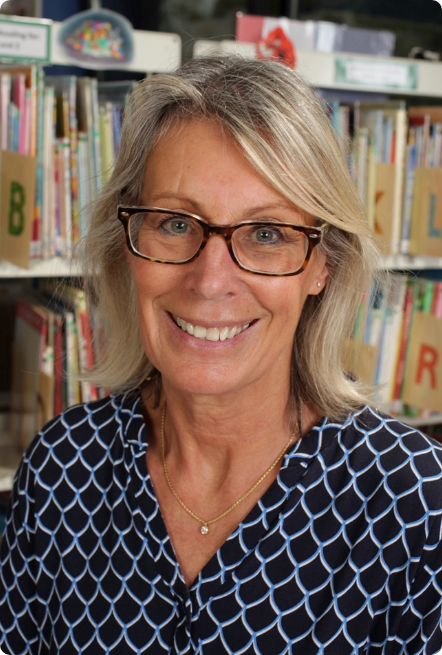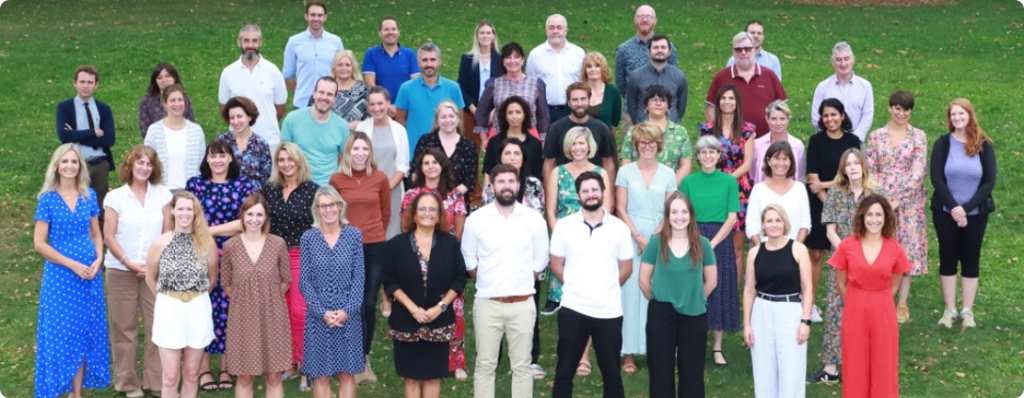A very warm welcome to the secondary section of the International School of Bearn.

Welcome to our Secondary School
School is so much more than just a place to attend lessons and go home. The International School of Béarn, is very special – we are a small school with a very big heart, and a truly diverse international student community with students from over 30 different nationalities. Studying at ISB means that students can experience many diverse cultures and through this, they learn respect and acceptance in diversity, and develop lifelong friendships around the world. Every single student can make a huge contribution to our community and beyond.
At ISB, our goal is to equip our students to become learners in an international world. As our students move from Grade 7 into Grade 8, and eventually through to Grade 13 they will have grown as individuals; they will have pushed boundaries and experimented with fashion, and most likely, their hairstyles, their humour, friendships, taste in music and in general they will have learnt so much more about the world. At ISB, we value student opinions and free speech, and aim to provide a safe and caring environment in which our students can make their choices and grow.
Our students are encouraged to seek out opportunities to present their own views and ideas through collaboration with their teachers and with each other. Students are encouraged to evaluate their contributions and develop awareness of society, whilst respecting the differences and similarities between cultures. Our aim is to ensure that our students are creative, open-minded, resilient, and confident.
And finally, our students’ academic success reflects the hard work and resilience of both students and teachers. We take great pride in our students’ achievements as they continue their education at some of the world’s top universities. Recent university destinations include: Cambridge University, Bristol University and Kings College London, as well as Scottish and EU university destinations.
Not a single day goes by without our fantastic students making me realise what an exceptional school we are. If you are a prospective parent, why not visit us, and see for yourselves, and if you are a parent of students currently at ISB, I thank you wholeheartedly for your ongoing support of our ISB community.

Ann Byrne
Head of Secondary

